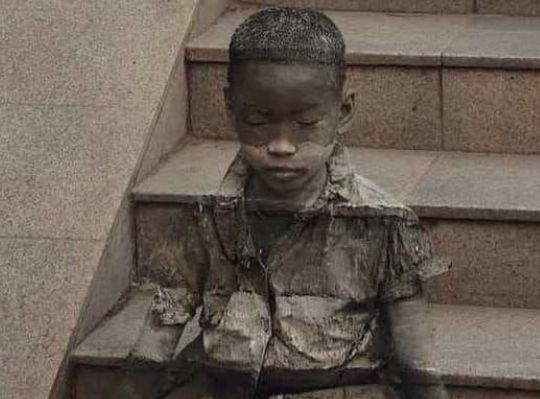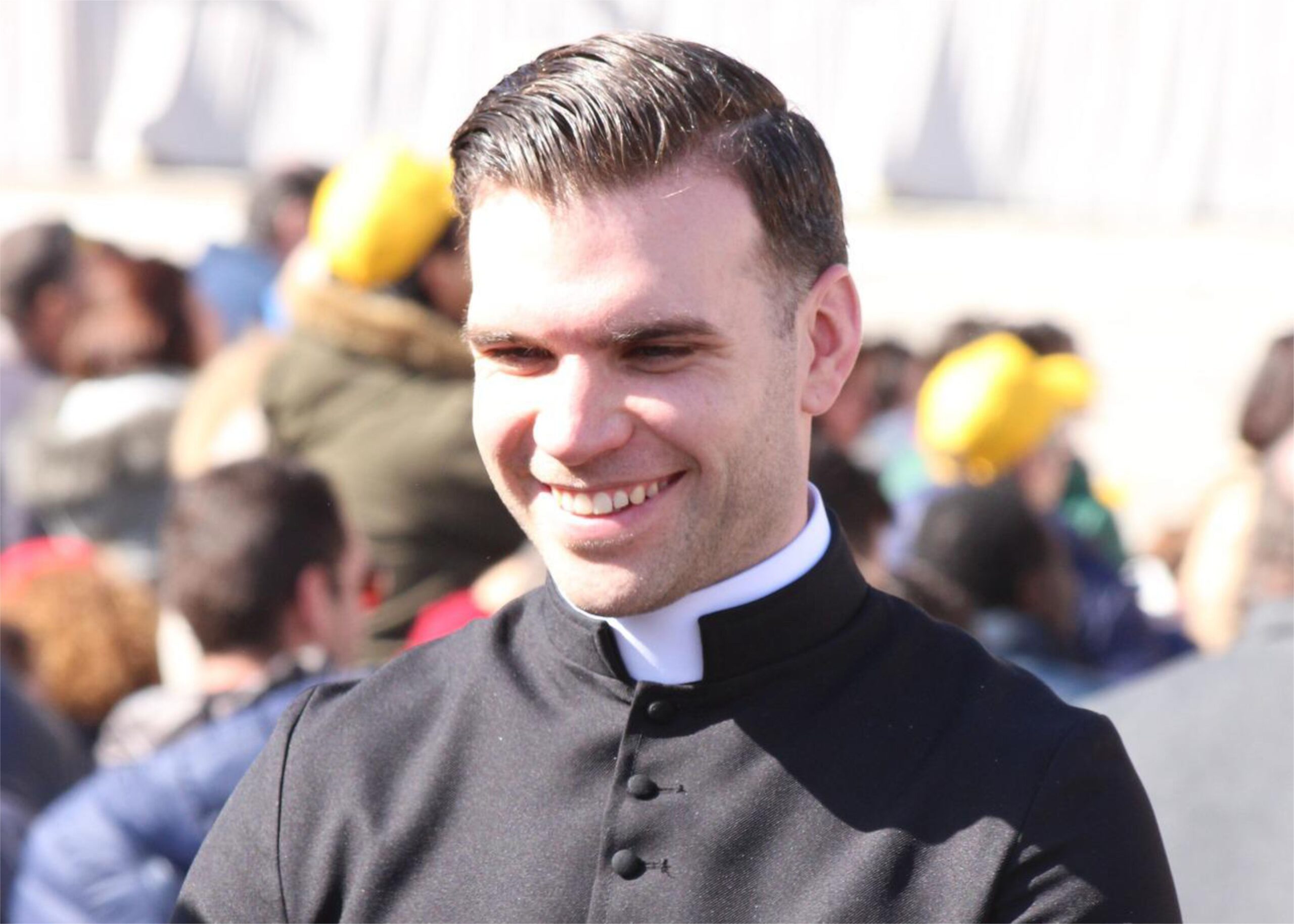One of the the gifts of the Covid-19 pandemic lockdowns and curtailed social life has been the opportunity to familiarise oneself with online services such as Zoom. On a number of Sundays I have been able to indulge in my interest in homiletics by tuning in to services in various churches on both sides of the Atlantic. As my knowledge of preaching styles has widened, so too my appreciation of sermon delivery has crystallised.
There is power in the pulpit – the power of the spoken word, and the presumed power of God speaking through the preacher. Great preaching is an act of servitude, an invitation to reflect on spiritual truths. It entails humility and a willingness to leave up to God the job of sitting in judgment of others. People want to hear God speaking to their hearts, not the preacher showing erudition in a verse-by-verse exposition of Scripture, nor a generalised exhortation to “accept Christ…or else!” Preachers over-reach themselves if they assume the mantle of God by judging that theirs is the only path towards salvation. Thundering from the pulpit may show zeal, but preacher’s passion should also be tempered with compassion. A servant of the Lord must not be quarrelsome, but be kind to all (2 Tim. 2:24), says Paul. Christ was a Master preacher who never used His authority to coerce listeners. He showed how to be critical of Jewish leaders without ever being discourteous or ungracious. He preached with grace and kindness, and He taught His disciples to show this same respect to all (Matt.10:14). Such sterling attributes are vital in our present churches where Christianity is sadly broken into many differing factions.
God calls us to reflect His all-encompassing love, a love exemplified by Christ who reaches unceasingly across the ruined landscape of our war-torn world and humanity’s worst handiwork to guide us into the arms of His Father. It is this love, this grace, and this loving-kindness that must inspire preachers so that their sermons are always worthy of the church and reflect the thoughtful approach of a true Christian.







 The most generous of Christ’s seven final sayings is surely: Father, forgive them for they do not know what they do. This sublime act of forgiveness is the crux on which Christian doctrine is based. Ultimately it is God’s forgiveness of us that sets the standard for all acts of forgiveness. Guli’s reflection on these words in the light of her own brother’s murder is profoundly poignant, a reminder of the key message that we are to be in the world but not of the world. Unless we Christians learn to forgive the many injustices wrought by men against men, we can end up consumed by anger and regret.
The most generous of Christ’s seven final sayings is surely: Father, forgive them for they do not know what they do. This sublime act of forgiveness is the crux on which Christian doctrine is based. Ultimately it is God’s forgiveness of us that sets the standard for all acts of forgiveness. Guli’s reflection on these words in the light of her own brother’s murder is profoundly poignant, a reminder of the key message that we are to be in the world but not of the world. Unless we Christians learn to forgive the many injustices wrought by men against men, we can end up consumed by anger and regret.